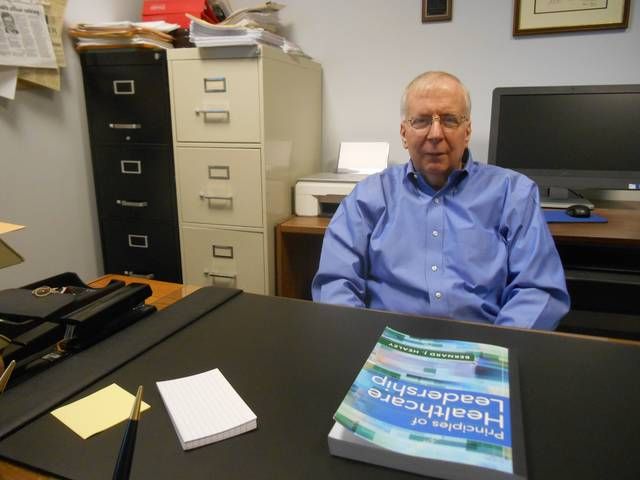Click here to subscribe today or Login.
Let’s say an average middle-aged person goes to the doctor for a checkup.
We could call this person Joe Sixpack, except he’s not likely to drink a six-pack of beer by himself. He’s more likely to be Joe Occasional-Glass-of-Red-Wine, or Joe Spring-Water, because he’s health conscious.
His doctor rattles off a list of tests and immunizations. “You’re getting older, Joe. How about a PSA (prostate-specific antigen) test? How about a test for hepatitis C? You probably need a flu shot. And a tetanus shot …”
But Joe, savvy, health-conscious consumer that he is, thoughtfully evaluates each of these items.
Maybe he doesn’t need that tetanus shot. They’re good for 10 years, and he’s had one within the past decade.
He might skip that flu shot too. It is, after all, based on last year’s strain of flu rather than the upcoming one.
Hepatitis C? The Centers for Disease Control suggests all Baby Boomers take the test because, as a doctor explained to a reporter in 2015, surely most of the people who grew up in the 1960s or ’70s are likely to have used recreational drugs.
But hypothetical Joe knows he didn’t take use recreational drugs, or have sex with anyone who did. So he’ll skip that hepatitis test, too.
As for the PSA test, maybe he’ll take that eventually. Prostate cancer doesn’t run in his family, so he believes he doesn’t have a pressing need to test for it. Besides, he knows elevated PSA levels can lead to biopsies that lead to incontinence and impotence. Maybe he’ll put that off for a few years.
What does health educator Bernard Healey Ph.D. think of these decisions by hypothetical Joe?
He approves. It’s not that he’s against every test. But he believes too much medical testing is going on in this country.
“Health care in the United States cost $3 trillion a year, and $1 trillion is a total waste,” he said, laying much of the blame on “tests that are unnecessary.”
“What do we get for it? We’re rated 37th in the world,” said Healey. “What we’re missing is leadership.”
Healey’s new book, “Principles of Healthcare Leadership,” which comes out in June and is primarily intended for students preparing to work in the health field, addresses that topic.
One of biggest problems with health care in the United States, Healey said, is the way it is paid for.
“A fee for services makes no sense at all,” he said during an interview in his office at King’s College, where he has been a full professor since 1995.
People would be healthier, Healey said, if physicians were paid for outcomes rather than the amount of services.
Wouldn’t it be better, in just one example, if a patient, perhaps persuaded by his or her physician to eat more vegetables and get more exercise, never got diabetes? That would be much cheaper than paying for diabetes medication and test strips for the rest of his or her life.
But Healey doesn’t lay all the responsibility at the feet of health care professionals.
If ordinary citizens adopted healthier lifestyles, even without a nudge from a person in a white coat, the incidence of diseases would decrease.
For many people, Healey said, taking time to exercise would go a long way toward staving off diabetes and other chronic conditions. “Aim for a 3-mile walk,” he said. “It really adds up.”
Healey also urges people to educate themselves on health-related topics. “WebMd is a good site,” he said. “So is the Mayo Clinic’s website.”
The author teaches courses on leadership and quality management in health care at King’s College. He previously worked more than 20 years as an epidemiology manager for the Pennsylvania Department of Health in Kingston.





